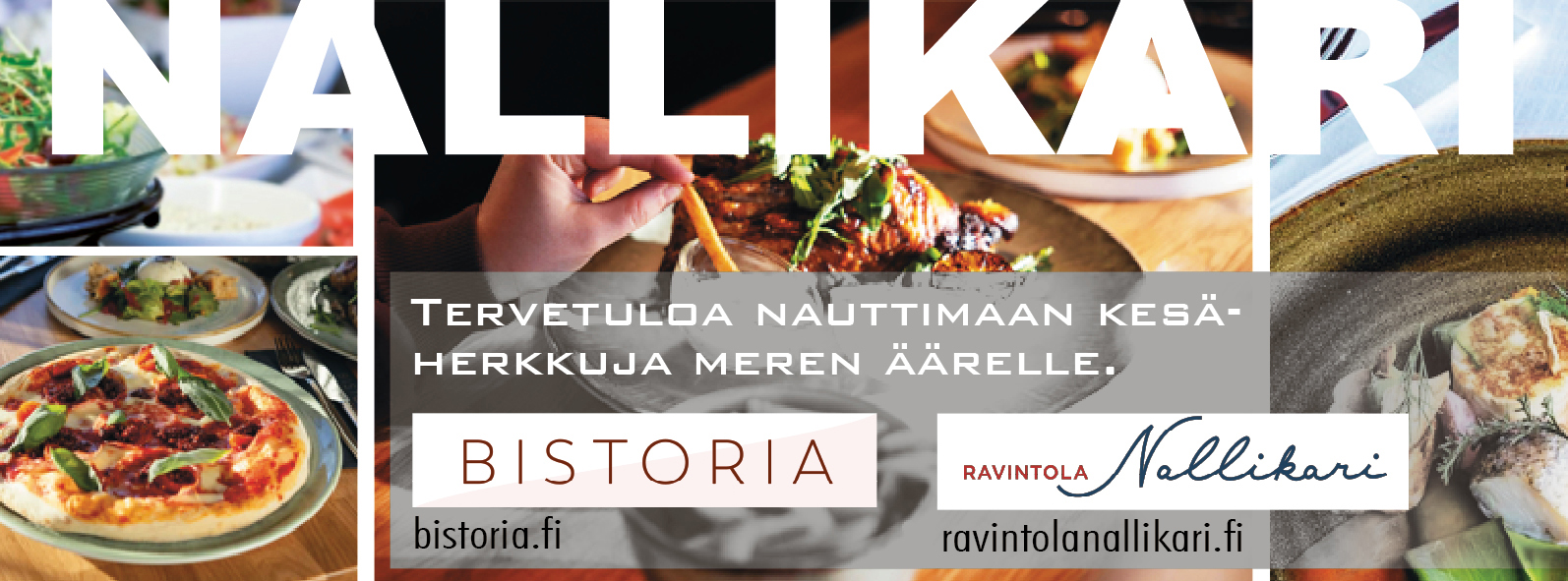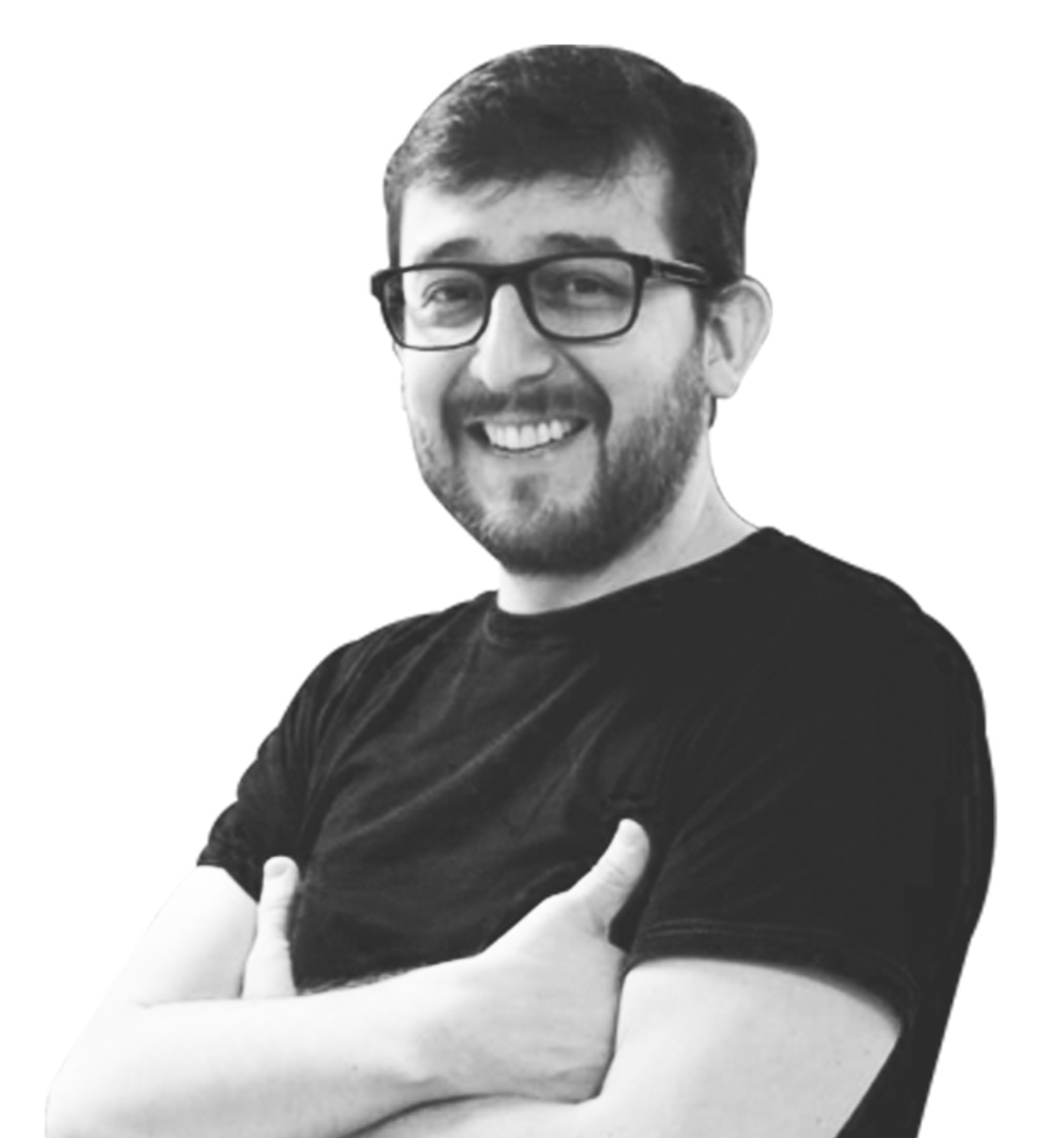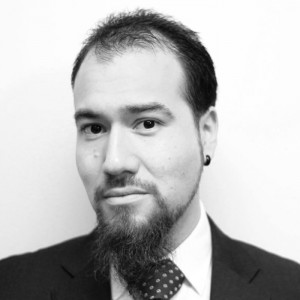Developing a strategy, paying bills, hiring people, contacting customers… the daily lives of entrepreneurs are anything but monotonous. However, there are also risks in the constantly changing situations of entrepreneurship. In this article we take a look to the lives of those who choose the path of building their own companies.
Until university, our paths are fairly straightforward and easy to follow. You start in kindergarten move on to school, institute, or university and finally get a degree. After that, it is not that easy. Maybe twenty or thirty years ago you wanted to find a job in a good company where to make a career, and then enjoy your retirement.
These days however, it is more common to change jobs several times during our professional lives. The recent economic crisis also turned the professional market more unstable. Facing this situation many still pursue a stable income as an employee, but others decide to create their own businesses to make a living.
If you decide to be an employee, you need to attract the interest of recruiters, find someone to hire you, adapt to your workplace and do your best being useful and proactive. If it is a win–win relationship, you get promoted, or just keep working in that company. If it is not, you will either seek another job or be fired. But what about those who instead of looking for someone else to employ them, start a company themselves? How does that entrepreneurship path evolve? What challenges and rewards does it offer? To solve these questions, we approached local entrepreneurs to hear their stories.
What is an entrepreneur?
If entrepreneurship is the activity of setting up a business expecting to get profit, then we can agree that an entrepreneur is a person who organizes this business venture. However, it is not an easy task to define entrepreneurship. For example scholars don’t seem to agree on how exactly to do it. Some of the variety of definitions include:
“‘The creation and extraction of value from an environment”
Alistair Anderson
“The capacity of seeing things in a way which afterwards proves to be true, even if it cannot be established at the moment”
Joseph Schumpeter
“The tactical invention of new practices that change styles of living”
Daniel Hjorth and Chris Steyaert
These definitions articulate two core elements of entrepreneurship: invention and action. Although partially agreeing with this, Mia Kemppaala, founder of the Polar Bear Pitching event, also adds other characteristics to define entrepreneurship. She considers that some characteristics common to all entrepreneurs are to be constant learners, problem solvers, and non-conformist people. In her words: “Entrepreneurs identify a problem in the world, and instead of complaining, they act and try to change the situation.”
This active attitude is also highlighted by Zara Kukkamaa, MBA graduate and CEO of Hohot Consulting, and Ville Saarenpää, chairman of the Oulu Entrepreneurship Society. When asked about entrepreneurship Kukkamaa referred to the Finnish word “yrittäjä”, which means “one who tries”. Similarly, Saarenpää points out entrepreneurship is about “doing things, trying things, and being curious about things to be aware of the possibilities”.
But is this “continuous trying” not also present in the life of employees? Either developing a product, organizing an event, or implementing a change, we must be curious and try different solutions. If you are at risk of losing your job or you need to find effective solutions to real-life problems, you need to try different options before finding the most suitable. So, if using creativity to find solutions is also a part of a “standard working life”, that isn’t enough to define entrepreneurship. Why is it so difficult to define what it’s truly about?
The cost of trying
Besides creativity another word usually associated with entrepreneurship is freedom. But not having a boss, managing your own schedule and setting your own salary also has a cost: uncertainty. You can follow the path, identify a need, develop a solution, test it, and then sell it, but you don’t know what can happen later.
In that sense, Hanna Manninen, CEO of MABD, says: “You need to learn how to live with the stress of the uncertainty because you never know where the next paycheck is going to come from.”
It seems the difference between being an employee and an entrepreneur lies on the consequences of failing. For most employees, the consequences of mistakes in their jobs is not something dangerous, but for entrepreneurs it may imply losing clients, employees, and in worst cases, even the companies they have built.
Maybe this is the reason why the entrepreneurship path does not suit everyone. In the words of Kukkamaa: “Everybody can try entrepreneurship once in their lives, but not everyone fits in being an entrepreneur for the rest of their lives.”
Regarding risks, Manninen considers that a dose of madness is needed to run your own business.
“As an entrepreneur you can learn, but not everyone is made for it. For being an entrepreneur, you need to be a little bit mad to go after your dreams, but you also need to be brave and believe in your own skills”, she says.
Similarly, Vili Valolahti and Joonas Tapio, Vice-Chairman and Treasurer of the Oulu Entrepreneurship Society, respectively, consider that part of becoming an entrepreneur is managing risk.
Valolahti says: “As an entrepreneur, you have to be brave, but you also need to be careful”, and Tapio complements “without a risk, you cannot make a profit, but you need to evaluate and manage the risk.”
Trying to manage that risk, many times entrepreneurs face burnout, concern, and depression. When asked about their daily activities most of the interviewees included an incredible wide range of activities. As Toni Eskola, Electrical Engineering graduate and CEO of Qridi says: “I can’t even list them, there are so many. Sales, Finance, Management, Administrative Work, Product Development etc. More and more management things which I need and take time.”
In fact, in one of the first studies about mental health issues and entrepreneurship, Dr. Michael Freeman studied 242 US entrepreneurs, finding that 49 % of them had mental health issues. Acknowledging this complex situation, many interviewees tried to maintain a healthy work-life balance. In the words of Matti Haapamäki, graduated from Industrial Engineering and Management, and current CEO of Load Last Save: “A person can learn to do anything they set their mind to, but I don’t believe in always being able to give 100 % of yourself in every situation. Everyone has off days and we should not feel guilty about that.”
The effects of the environment
In a study published in 2018, Robert Fairlie and Frank Fossen divide business founders between “necessity” and “opportunity” entrepreneurs. For the former, entrepreneurship is a way to overcome unemployment, while the latter start their businesses when having a job. Likewise, Giacomin, Janssen, Guyot, and Lohest analyzed the profiles of 538 Belgian company founders, finding that their socio-economic characteristics (e.g. age, family, economic environment) could impact their approach to entrepreneurship. For example, children of entrepreneurs were more likely to fit into the “opportunity” category, while older people starting their own businesses conceived them as a necessity.
The results of Giacomin and colleagues partially confirm that a protective welfare system can lower entrepreneurial intent. Although Finland is a stable economic environment, not long ago, an unexpected situation pushed the emergence of many entrepreneurs in Oulu: Nokia’s collapse. Kemppaala believes this situation “challenged everyone’s assumptions about the future of the city, emphasizing the local characteristics to make a difference.” Against the odds, Oulu people embraced a Sisu attitude, adapting and turning the challenge into an opportunity.
But despite that specific moment in Oulu’s recent history, the Finnish welfare system provides safety. Here, more likely people will get a job with a regular income that assure them a good life and retirement. So, if there is safety in regular work, why take up entrepreneurship? For Kemppaala it is a potential side effect of the current socio-economic structure. “I do appreciate the social system that we have. I have been blessed by it. But I also think it can be like a double-sided sword. It is a good thing helping people to overcome their needs, but it can also promote some passive attitude.”
However, that same environment provides a safety net for entrepreneurs willing to innovate and add value. For example, the funding programs for students in the Oulu Innovation Center or the grant support for entrepreneurs from TE-keskus, plus all the options given by Business Finland. For Tapio the system helps those who dare to pursue creating a company. “You don’t learn about possibilities in the classroom, you have to go to the real world. Doesn’t matter if you fail, as far as you don’t have debts or anything like that, you will have second chances.”
The expected pay-off
If entrepreneurship is such a challenging path, what drives and helps entrepreneurs to persist when facing discouragement? Exploring in the interviewees’ stories, I found they persist because of the positive personal outcomes, as well as a strong sense of purpose. About the former, Kukkamaa realizes that her entrepreneurial role helped her to develop certain skills. “I have created my personal authority in the field where I am working. I have also improved my management skills to organize my team.”
Likewise, Haapamäki thinks he has become more adaptable. “Now I have a stronger ability to learn new things and take in feedback, both be empowered by the positive and learn from the negative.”
The sense of purpose is evident when talking with Manninen. She manages her art gallery with the confidence of the positive impact of art in people, and the impact she can make in Oulu with her company.
“There is a relationship between the entrepreneur and the community. We can change the way businesses are run and how people are managed. As an entrepreneur, I can decide what things to do, what my values are. I don’t need to fit into someone else’s culture, but I can create mine”, she says.
Aligned with this, Eskola considers his company as the place from where to contribute. “I see this as my own place to do good to the world. I am not trying to get there easily. Our vision has been and still is to have a positive impact on people’s self-awareness and learning. For that we work every day.”
Since the sustainability of a company is dictated by the income and profit made, it was interesting to notice that no interviewee considered money as a main motivator. Although some people may consider entrepreneurs greedy, Kukkamaa thinks this could be explained by their willingness to talk about money. Considering the high rate of new businesses failure it is reasonable that entrepreneurs need to constantly talk about money. Either in their relationships with customers, investors, employees or colleagues, money is intimately tied to keep the boat afloat.
Instead, most of the interviewees understand their incomes as a consequence of their effort in helping people. In that sense, Eskola points out: “You have to make a profit if you want to become a sustainable company. But when and how much are other questions.”
***
The entrepreneurship path is full of twists and turns. Although it contains risks, it also offers rewards and fulfillment. Resilient, creative, eternal non-conformist learners, entrepreneurs overcome doubts and learn from their mistakes when building their businesses. Also, although we have presented entrepreneurs and employees as different, they can also be complementary. In the words of Haapamäki: “There are few things which have the perfect time to be done. Entrepreneurship is not one of them. You’ll always have doubts. But you can reduce them by being someone else’s employee.”
Employee or entrepreneur, employee while entrepreneur, employee then entrepreneur (or the other way around), … whichever your path is, if you belong to the yrittäjät, eternal and non-conformist learners, the seed of entrepreneurship lies in you.
Edited 15.10. Changed one sentence in an interviewees line per their request.











